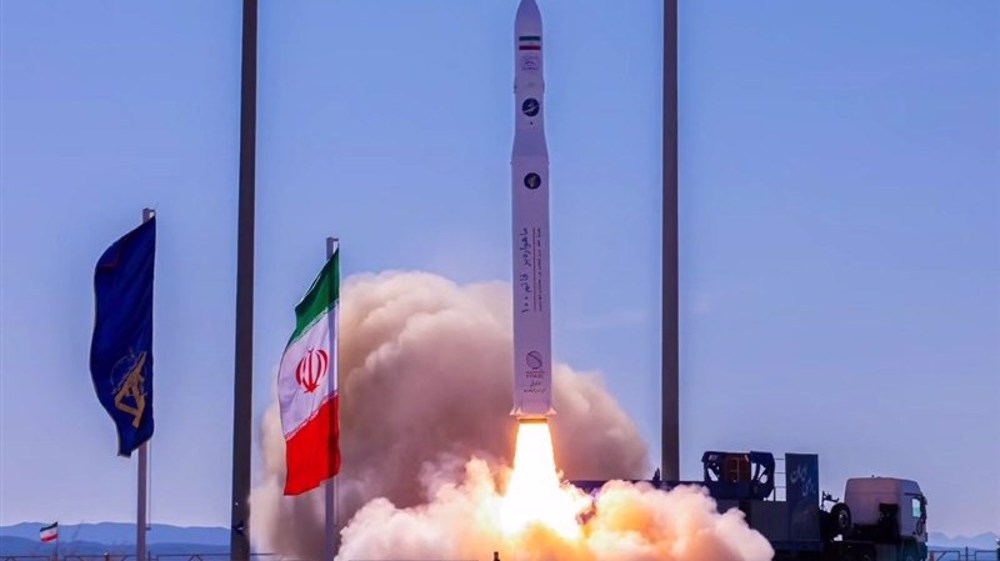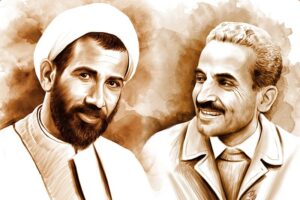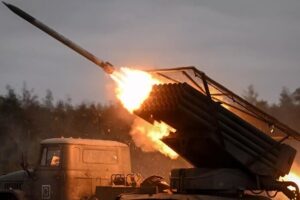Iran says its scientific and research progress in the field of aerospace is an inalienable and legitimate right of the nation.
Foreign Ministry spokesman Nasser Kan’ani said in a statement released on Saturday that it was an “interventionist” stance taken by France, Germany, and Britain in issuing a statement on January 26 about Iran’s launch of Soraya satellite into a low Earth orbit (LEO) with the Qaem-100 space launch vehicle (SLV).
Tehran, he said, does not wait for permission from certain countries in order to use peaceful technologies for scientific advances.
Kan’ani also said Iran reserves the “inalienable and legitimate right” to make scientific and research advances in the field of aerospace. The “interventionist comments” from the European troika, which denote their egotistical views regarding Iran’s progress, will by no means make a dent in the Iranian nation’s determination to make steady headway in science and technology, the official stated.
“In spite of a series of arbitrary interpretations rooted in the unilateral tendencies of certain parties, there are no limits to the Islamic Republic of Iran’s scientific and applied activities in the sphere of space research under international regulations.
“Accordingly, our country categorically rejects the imposition of such unconventional approaches,” the Iranian official stated.
Kan’ani reaffirmed Iran’s right to use peaceful technologies in the course of scientific and research development, as enshrined in international law.
Last week, the Aerospace Force of Iran’s Islamic Revolution Guards Corps (IRGC) successfully put Soraya satellite into an orbit 750 kilometers above Earth in 11 minutes.
The research satellite, manufactured by the Iranian Space Agency (ISA), was launched with a Qaem-100 space launch vehicle (SLV). Qaem-100 is a three-stage SLV with solid fuel developed by the IRGC Aerospace Force.
Britain, France and Germany condemned the launch of the Iranian satellite in their joint statement. They alleged that Qaem-100 space launch vehicle uses technology essential for the development of a long-range ballistic missile system that could allow Iran to launch longer-range projectiles.




